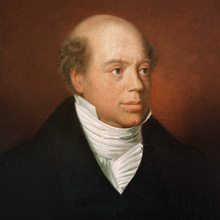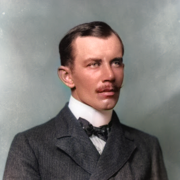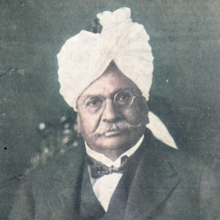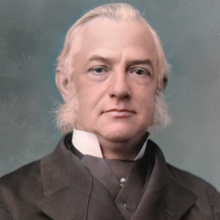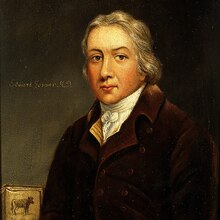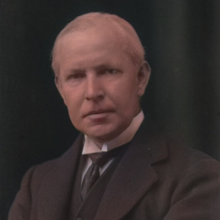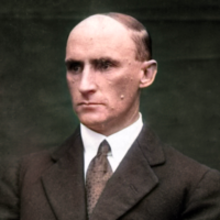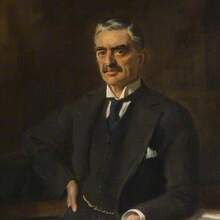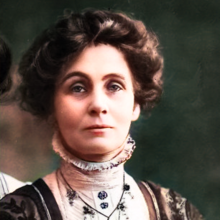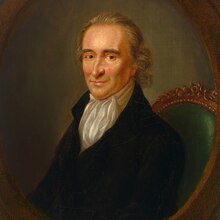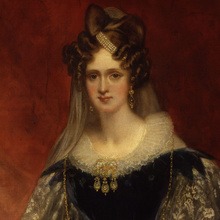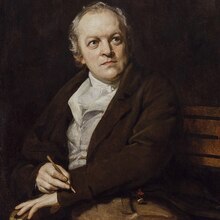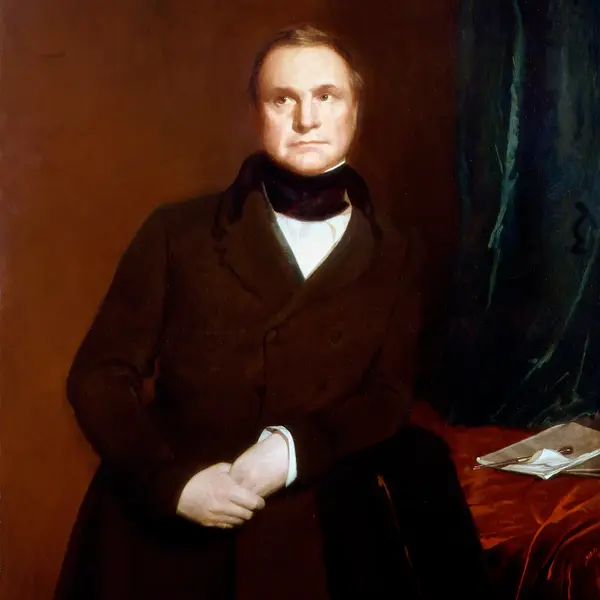
Personal
Other names:
Job / Known for:
Originator of the concept a programmable computer
Left traces:
Difference engine and analytical engine
Born
Date:
1791-12-26
Location:
GB
Walworth, Surrey, England
Died
Date:
1871-10-18 (aged 80)
Resting place:
GB
Death Cause:
Renal failure
Family
Spouse:
Georgiana Whitmore (1814-1827)
Children:
Benjamin Herschel, Georgiana Whitmore, Dugald Bromhead and Henry Prevost Babbage (four out of eight survived childhood)
Parent(s):
Benjamin Babbage and Elizabeth Teape Babbage
QR Code:
Show More
Rank
Users ranking to :
Thanks, you rate star
Ranking
5.0
1
Fullname
Charles Babbage
Slogan
The whole of arithmetic now appeared within the grasp of mechanism.
About me / Bio:
Show More
Article for Charles Babbage
Died profile like Charles Babbage
Comments:

